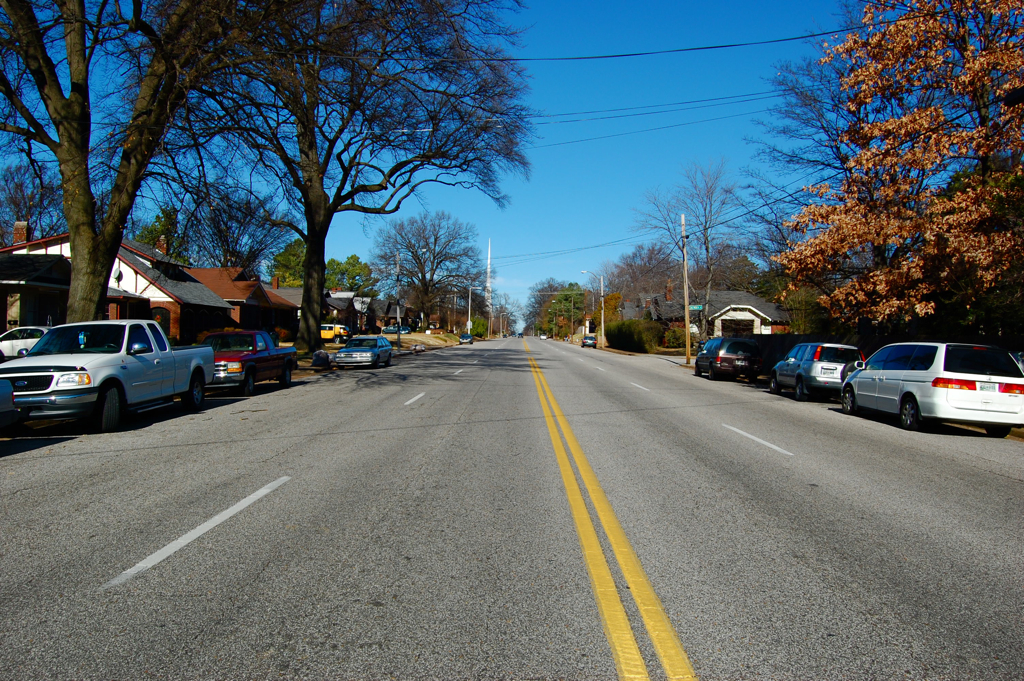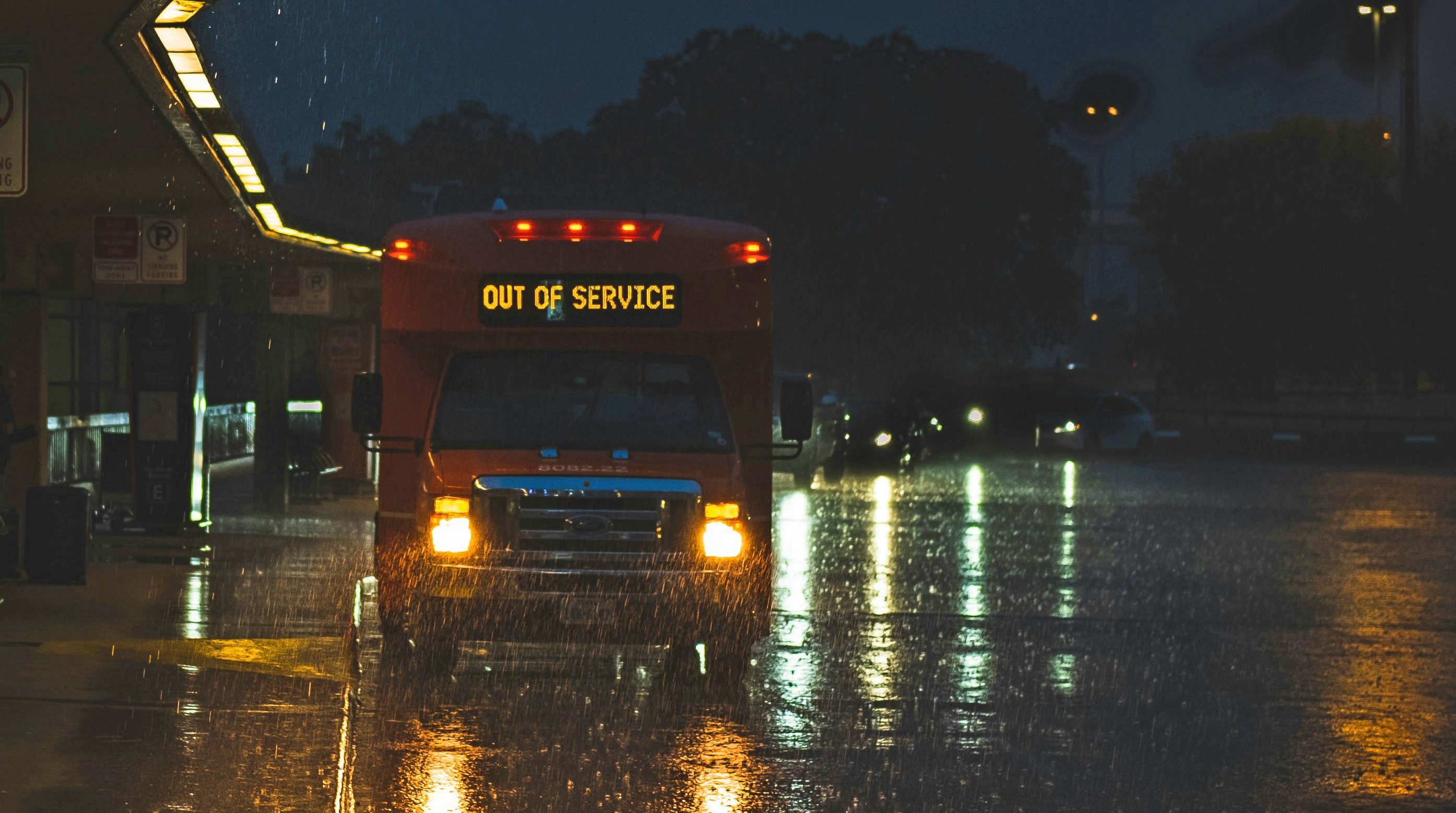In the annals of anti-transit nonsense, there's a particularly ill-considered line that goes like this: No public investment should go toward this streetcar/light rail line, because it's going to pay off for private developers.
This logic was used by the Fort Worth City Council late last year when, in their infinite wisdom, legislators put a stop to a study examining the benefits of a streetcar.
If we never used public funds to pay for any project that benefits private developers, notes Kevin Buchanan at Fort Worthology, we wouldn't be building any roads either:
To call a transit project a “handout for developers” and a roadway “necessary public infrastructure” is an enormous double-standard. The reality is that every transportation project is also an economic development project – every transportation project has impacts for development.
This gets to one of the hearts of the sprawl vs. urbanism debate – the reality that sprawl is not the result of the free market simply choosing a totally car-dependent lifestyle. The invisible hand of government has led the way since WWII, resulting in the built environment we have, and are paying for (in more ways than one), now.
Without hugely subsidized roadways and freeways (the reality being that roads don’t even come close to paying for themselves, as even highway-crazed TxDOT has admitted), there wouldn’t be the sort of car-dependent development we have now. Those same roadways mean that when we do have moderately successful urban places, they’re little pockets surrounded by parking or choked with excessive car trips. Or, put more simply: You get the development you design your transportation systems for.
Well put. Next time you hear someone make a lame-brained argument against transit on pseudo-libertarian grounds, remind them nobody's asking Wal-Mart to pony up for an interchange.
Elsewhere on the Network today: PubliCola highlights Abogo, the mapping tool that illuminates the costs of transportation in suburban verses urban locations around the country. Sharable Cities highlights the "Transition Cities" movement, in which local governments are helping lead the country toward a saner relationship with energy. And Biking in LA uses a tragic story to illustrate how safety improvements for drivers often come at the expense of cyclists.






